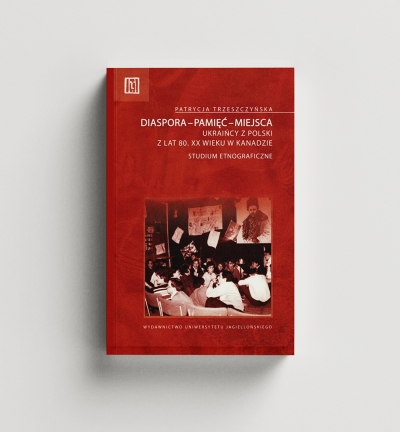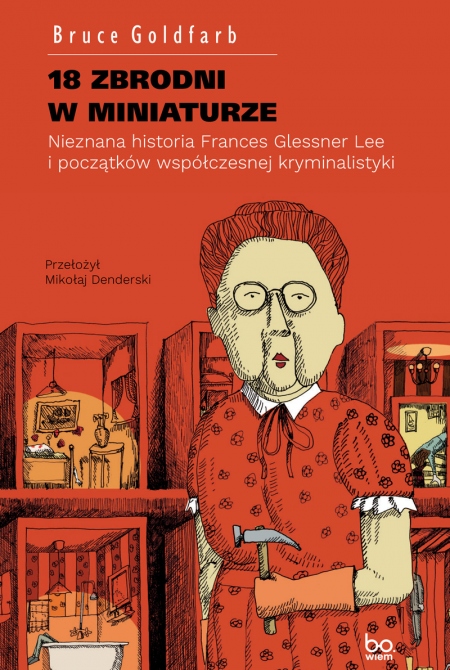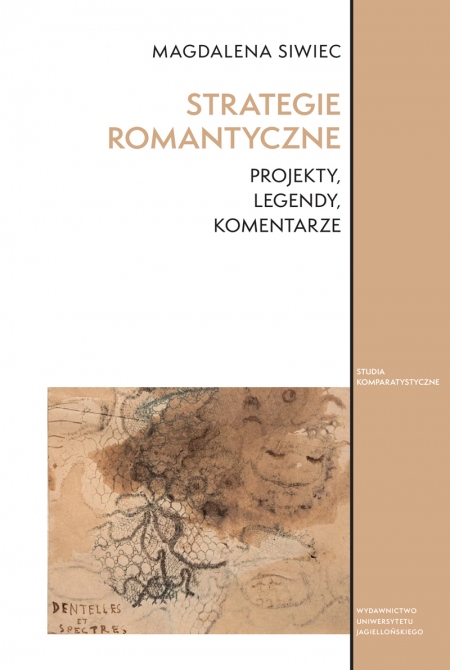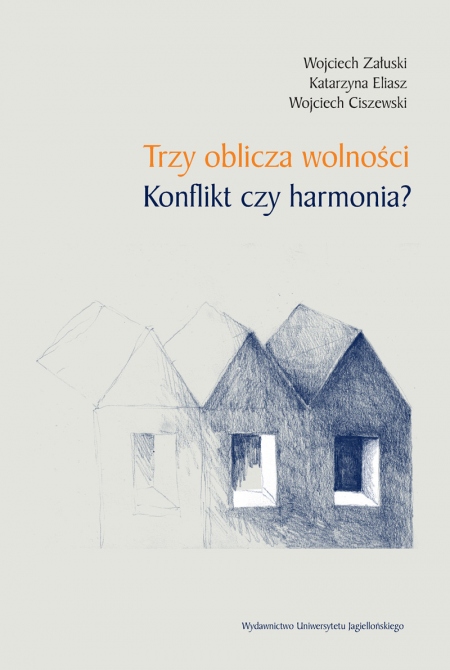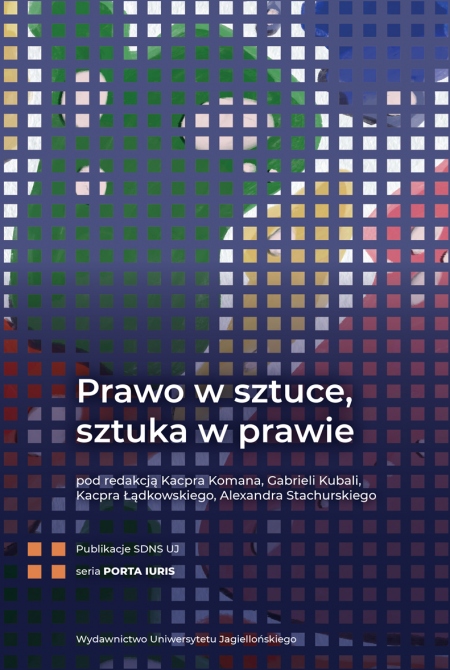
Nieposłuszne, ulicznice i zdrajczynie
Aktywizm w przestrzeni (post)jugosłowiańskiej
Series: Anthropos
Pages: 324
Book format: 16,5 x 23,5 cm
Publication date: 2025
Release date: 13.06.2025
Book description
The “ethnographic reconstructions” presented here (Auyero 2012) can sometimes seem too personal, anecdote, or even trivial. Being immersed in an environment where relationships were characterized by initial distrust and a form of control, and then solidarity and cooperation, created a space in which I had to navigate in the broadest sense of the word. I have constantly faced the need to achieve a balance between engagement and analytical distance, between ethnographic identities and positions - chosen, imposed and negotiated (Franks 2002), between embodied experiences and stories heard in the field and accessible and popularized stories of activism and feminism in the so-called “Balkans”, and finally between the description of individual her stories, events and relationships and the achievement of solid anthropological explanations (Auyero 2012).
Of course, I recognize the risk that wrongly done militant ethnography may not only go beyond political rhetoric, but also conceal sympathy and possible prejudice, which often stems from the effort to engage in the often chaotic contexts of our ethnography. At the same time, I would like to emphasize that I believe participation and doing ethnography are political and therefore it is necessary to take a position on certain values and build solidarity (Baer 2006). However, this does not mean that actions, decisions and disobediences cannot be critically analysed. I can only hope that my time with the activists, observant participation, solidarity, friendship, and involvement in their disobedience, as well as their daily lives, has allowed me to experience and reflect some of the complexity and intricacy of their presence and practices.
For me, being in the field, which is synonymous with “action”, was not only an act derived from an anthropological (and academic) duty to participate, but also a shared desire and anticipation of what might be possible, what might happen, which Petra Rethmann places in the “politics of hope” (2015: 488). In addition, I have worked with activists who have given me the opportunity to engage in the politics that I wanted and would like to engage in. Therefore, my ethnography based on “explicit” engagement in engagement, as well as in daily life and disobedience, is both about knowledge production, but also reflects – “sometimes in a subtle and sometimes not so subtle way” – my political predisposition and closeness to the path the activists follow (Juris, Khasnabish 2013b: 372). Disobedience and disloyalty acts were attractive and relevant because of the proposals of the world, I also imagine.
Thus, the book deals with my friends and activists whose political work I believe in. Care, empathy, and solidarity are addressed not only in ethnographic encounters, but also in the way they are practiced and conducted in the “landscape of literal or metaphorical ruin” (Ortner 2019), which the (post)Yugoslav has become for many people with whom I have worked over the years.
Of course, I recognize the risk that wrongly done militant ethnography may not only go beyond political rhetoric, but also conceal sympathy and possible prejudice, which often stems from the effort to engage in the often chaotic contexts of our ethnography. At the same time, I would like to emphasize that I believe participation and doing ethnography are political and therefore it is necessary to take a position on certain values and build solidarity (Baer 2006). However, this does not mean that actions, decisions and disobediences cannot be critically analysed. I can only hope that my time with the activists, observant participation, solidarity, friendship, and involvement in their disobedience, as well as their daily lives, has allowed me to experience and reflect some of the complexity and intricacy of their presence and practices.
For me, being in the field, which is synonymous with “action”, was not only an act derived from an anthropological (and academic) duty to participate, but also a shared desire and anticipation of what might be possible, what might happen, which Petra Rethmann places in the “politics of hope” (2015: 488). In addition, I have worked with activists who have given me the opportunity to engage in the politics that I wanted and would like to engage in. Therefore, my ethnography based on “explicit” engagement in engagement, as well as in daily life and disobedience, is both about knowledge production, but also reflects – “sometimes in a subtle and sometimes not so subtle way” – my political predisposition and closeness to the path the activists follow (Juris, Khasnabish 2013b: 372). Disobedience and disloyalty acts were attractive and relevant because of the proposals of the world, I also imagine.
Thus, the book deals with my friends and activists whose political work I believe in. Care, empathy, and solidarity are addressed not only in ethnographic encounters, but also in the way they are practiced and conducted in the “landscape of literal or metaphorical ruin” (Ortner 2019), which the (post)Yugoslav has become for many people with whom I have worked over the years.
Language
Polish
Title in English
Disobedients, Streetwalkers and Traitors. Activism in the (post)Yugoslav space
Edition
first
Authors
Magdalena Sztandara

Cover design
Agnieszka Kucharz-Gulis
ISBN: 978-83-233-5463-5
e-ISBN (pdf): 978-83-233-7639-2
Country of producer: Poland
RECOMMENDED BOOKS
NEW BOOKS

Nieposłuszne, ulicznice i zdrajczynie
Aktywizm w przestrzeni (post)jugosłowiańskiej
Nieposłuszne, ulicznice i zdrajczynie
Aktywizm w przestrzeni (post)jugosłowiańskiej
Choose chapters to buy:
Order value:
0.00 zł
